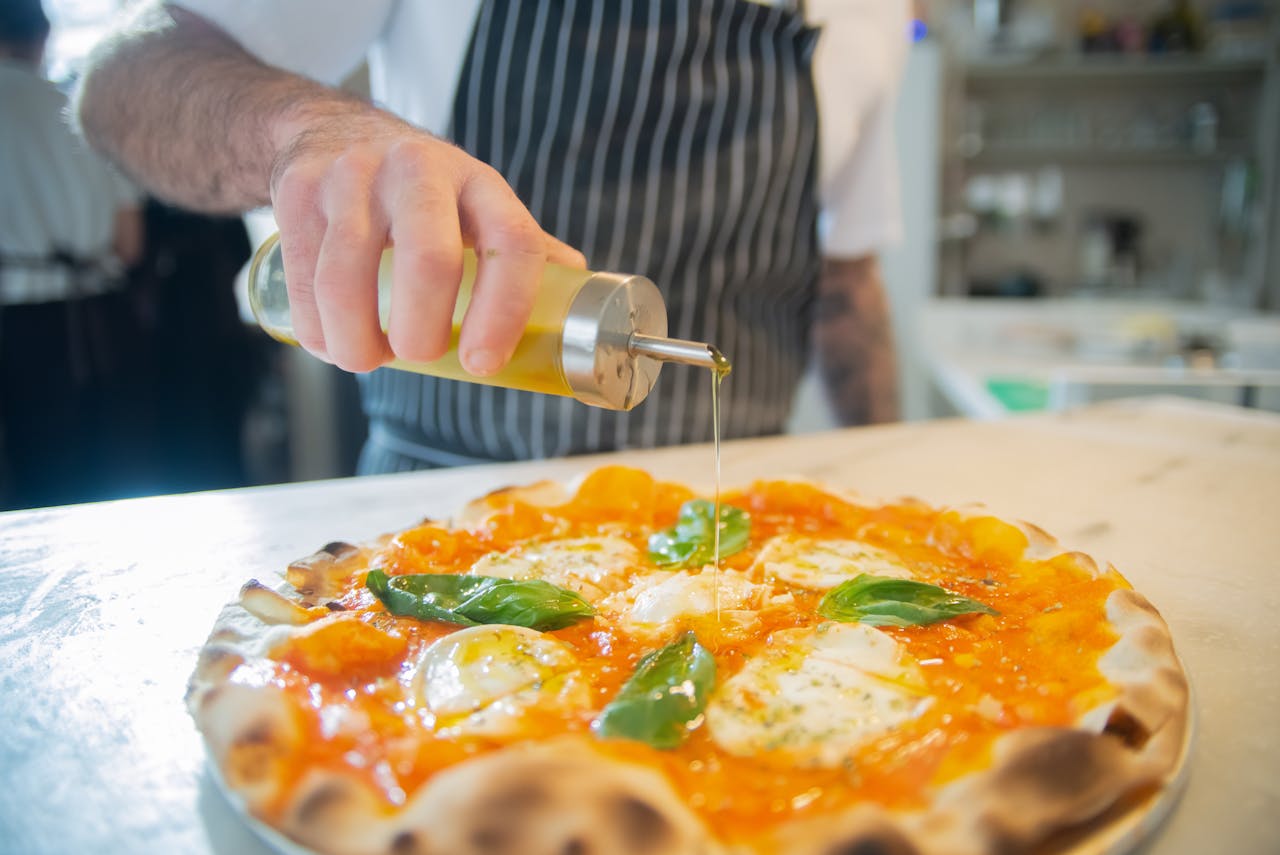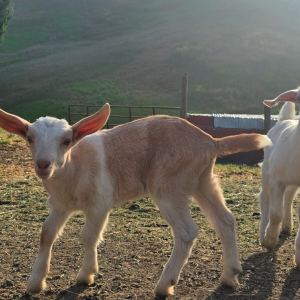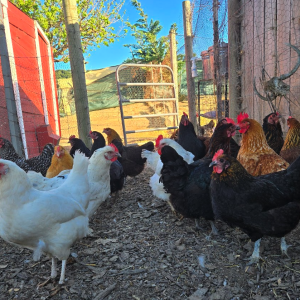Ancient people used olive oil for a wide variety of purposes, far beyond just cooking. Olive oil was a cornerstone of daily life in many ancient civilizations, particularly in the Mediterranean region, where olive trees were abundant. Here are some of the key uses of olive oil in ancient times:
1. Culinary Uses
- Cooking: Olive oil was a staple in ancient diets, used for frying, roasting, and as a base for sauces.
- Salad Dressings: Mixed with vinegar or herbs, it was used to dress vegetables and grains.
- Preservation: Olive oil was used to preserve foods like cheese, fish, and vegetables by creating an airtight seal.
2. Religious and Ritualistic Uses
- Anointing: Olive oil was used in religious ceremonies to anoint kings, priests, and sacred objects. It symbolized purity, blessing, and divine favor.
- Offerings: Olive oil was poured as a libation or burned in lamps as an offering to gods and goddesses.
- Sacraments: In ancient Judaism, olive oil was used to light the Menorah in the Temple. In Christianity, it became part of sacraments like baptism and confirmation.
3. Lighting and Illumination
- Lamps: Olive oil was the primary fuel for lamps in ancient times. It burned cleanly and provided a steady light.
- Public Lighting: In ancient Rome and Greece, olive oil lamps were used to light homes, streets, and public spaces.
4. Medicinal and Health Uses
- Healing: Olive oil was used as a base for medicinal ointments and salves to treat wounds, burns, and skin conditions.
- Massage: It was used for massage to relieve muscle pain and improve circulation.
- Digestive Aid: Consumed to soothe digestive issues and as a laxative.
- Cosmetics: Mixed with herbs and fragrances, it was used as a moisturizer, hair conditioner, and perfume.
5. Hygiene and Personal Care
- Skin Care: Olive oil was used as a moisturizer and cleanser for the skin.
- Hair Care: Applied to hair to add shine and strength.
- Bathing: Used in public baths in ancient Rome and Greece as part of cleansing rituals.
6. Industrial and Practical Uses
- Lubricant: Olive oil was used to lubricate tools, machinery, and even the axles of chariots.
- Wood Polish: Applied to wooden furniture and tools to preserve and shine them.
- Leather Treatment: Used to soften and waterproof leather.
7. Economic and Trade Uses
- Currency: Olive oil was so valuable that it was often used as a form of currency or traded for other goods.
- Wealth Indicator: The quantity of olive oil a person owned was a sign of wealth and status.
8. Symbolism and Cultural Significance
- Peace and Prosperity: The olive branch and olive oil were symbols of peace, prosperity, and victory.
- Athletic Competitions: In ancient Greece, olive oil was awarded to winners of athletic games, such as the Olympics, and used to anoint athletes before competitions.
Examples from Ancient Civilizations
- Ancient Egypt: Used olive oil for mummification, cosmetics, and religious rituals.
- Ancient Greece: Olive oil was central to daily life, from cooking to athletic competitions and religious ceremonies. The olive tree was sacred to the goddess Athena.
- Ancient Rome: Olive oil was a major export and used extensively in cooking, lighting, and personal care. The Romans also used it as a form of taxation.
- Ancient Israel: Olive oil was used in religious rituals, such as lighting the Menorah and anointing kings and priests.
Legacy
The uses of olive oil in ancient times laid the foundation for its continued importance in modern cultures, particularly in Mediterranean cuisine, religious practices, and personal care. Its versatility and symbolic significance have made it a timeless and invaluable resource throughout history.













